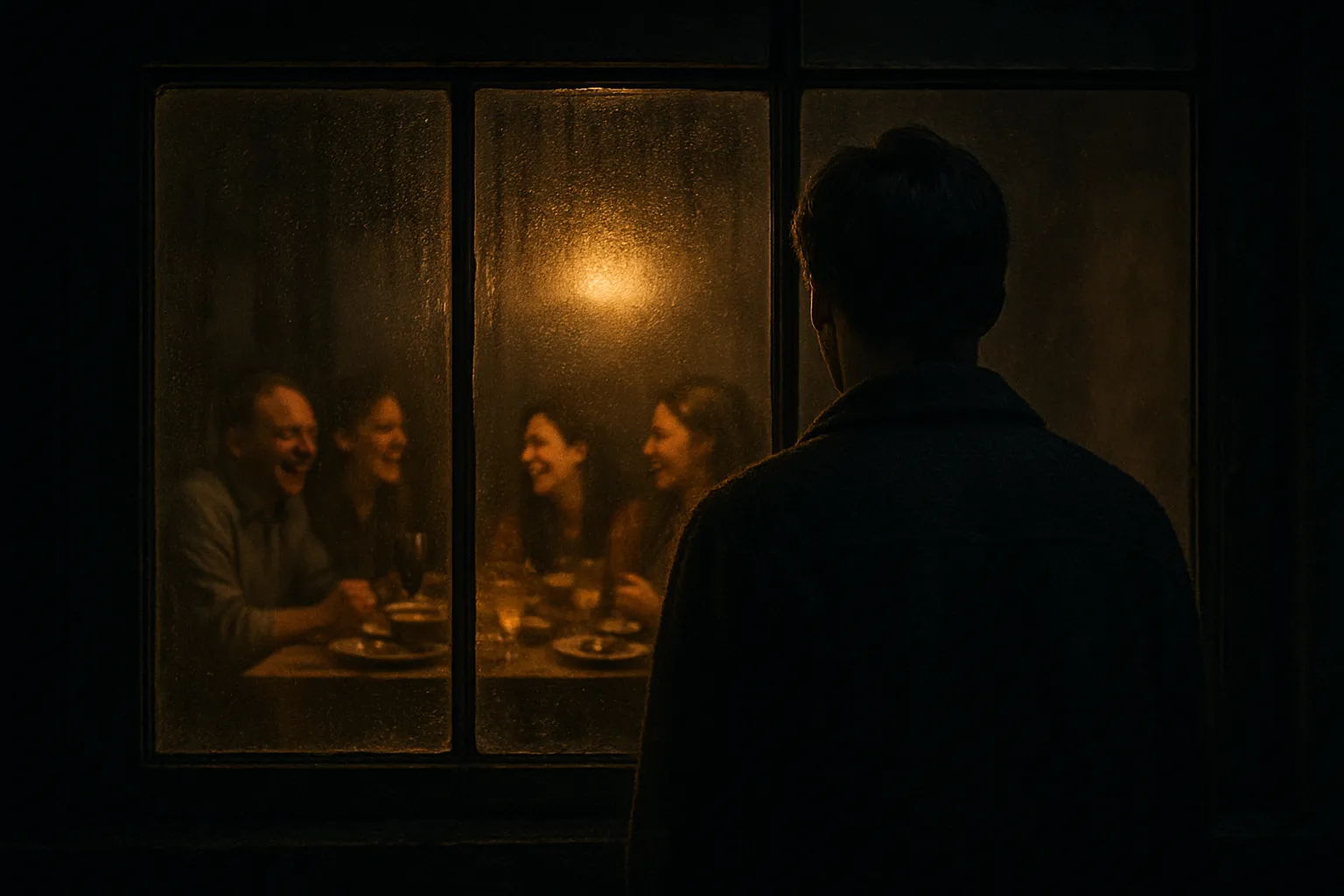How to Stop Repeating Negative Relationship Patterns

The Frustrating Déjà Vu
Does your love life feel like a movie you've seen before? You meet someone new, the chemistry is exciting, but as the relationship unfolds, you find yourself in the same familiar, painful dynamic, ending in the same disappointing way. It's a frustrating and disheartening experience that can leave you wondering, "Why does this keep happening to me?" The truth is, most of us operate from an unconscious relational "script," often written in childhood, that we tend to repeat. But you are not doomed to an endless cycle. Breaking free is not only possible; it's one of the most empowering journeys you can undertake. This is your four-step guide to stepping off the hamster wheel.
Step 1: Identify the Script - What is Your Recurring Pattern?
You cannot change a pattern you cannot see. The first step is to become a compassionate detective of your own past. Look back on your previous relationships, not with judgment, but with curiosity. Ask yourself:
- What is the common *type* of person I am attracted to? (e.g., The charismatic but emotionally unavailable artist? The 'project' partner who needs fixing? The highly successful but controlling type?)
- What is the common *role* I play? (e.g., The caretaker who gives more than they receive? The peacemaker who avoids conflict at all costs? The anxious pursuer who needs constant reassurance?)
- What is the common *feeling* I am left with at the end? (e.g., Feeling unseen, abandoned, exhausted, or taken for granted?)
Try to synthesize this into one clear sentence. For example: "My pattern is to be attracted to emotionally distant partners (the type), where I play the role of the over-giver (the role), leaving me feeling unappreciated (the feeling)."
Step 2: Understand the Origin - Why Does This Pattern Feel Like Home?
Once you've identified the pattern, the next step is to understand why it exists. This is not about blaming your past; it's about having compassion for how you learned to survive. Our brains are wired to be drawn to what is familiar, even if it is painfully familiar. The dynamic you repeat as an adult often mirrors a dynamic from your childhood. An emotionally distant partner might feel unconsciously "normal" if you had a parent who was emotionally distant. The role of the peacemaker might have been necessary to navigate a high-conflict home. Understanding the origin of your pattern removes the shame and allows you to say, "Of course I learned this; it was a survival strategy. But it is one that no longer serves me."
Step 3: Interrupt the Pattern - The Power of the Pause
Awareness is the first step, but action is what creates change. The key to breaking a pattern is to create a conscious "pause" between your old, automatic impulse and your new, intentional choice.
- Date Differently: Make a conscious choice to go on a date with someone who is *not* your usual type. Even if it doesn't lead to a long-term connection, the act of doing something different begins to rewire your brain.
- Set Boundaries Early and Often: Your old pattern likely involved porous boundaries. In your next dating experience, practice stating a small need or saying "no" to a small request early on. Their reaction is invaluable data. A healthy person will respect it; an unhealthy person will challenge it.
- Slow Down the Pace: Unhealthy patterns thrive in the intoxicating rush of a whirlwind romance. Intentionally slow things down. Take your time to observe a person's character, consistency, and kindness over a period of months, not weeks.
- Listen to Your Own Red Flags: You know what the warning signs feel like. The next time your intuition whispers (or screams) that something feels off, listen. That moment of listening, instead of making excuses, is the moment you interrupt the cycle.
Step 4: Build a New Foundation - Reinforce the New You
To sustain these new choices, you must build a strong internal foundation. Breaking old patterns is not just about what you do in a relationship; it's about the work you do on yourself.
- Get Clear on Your Needs and Values: Create a clear blueprint for the healthy relationship you desire. Know your non-negotiables.
- Build Your Self-Worth from Within: The less you rely on a relationship for your sense of value, the less susceptible you will be to falling into old people-pleasing or self-abandoning patterns.
- Seek Support: This is deep, challenging work. A good therapist can be an incredible ally in helping you uncover and rewire these ingrained patterns.
From Repetition to Liberation
You are not doomed to repeat a script that was written for you long ago. It may feel like an automatic program, but you have the power to press pause, examine the code, and write a new one. With awareness, compassion for your past, and a courageous commitment to new choices, you can step off the looping stage. You can stop being a character in a familiar drama and become the conscious author of a new love story—one that is healthier, happier, and more liberating than you ever imagined.


